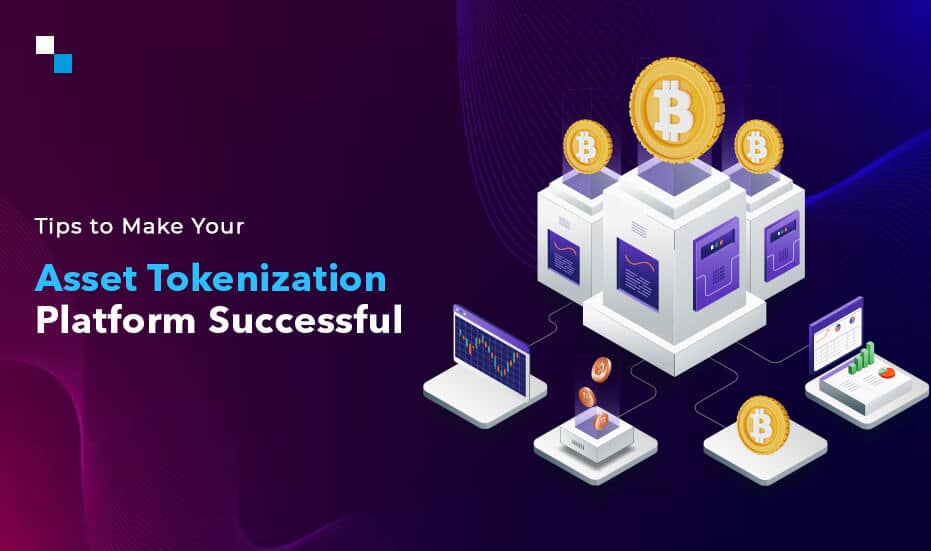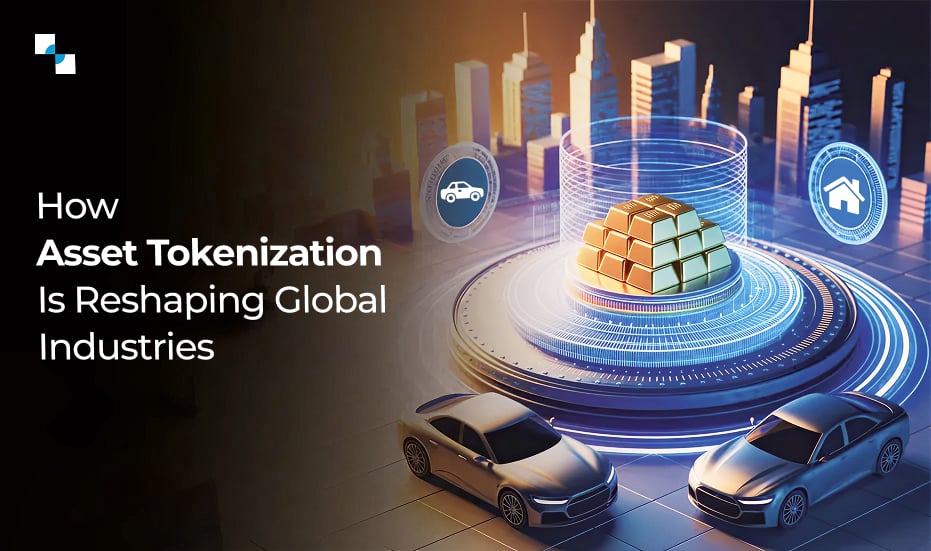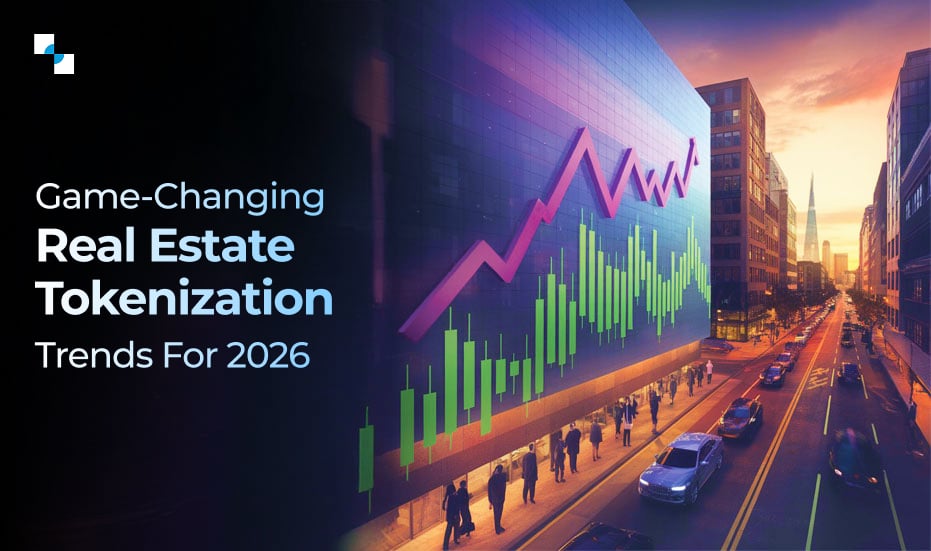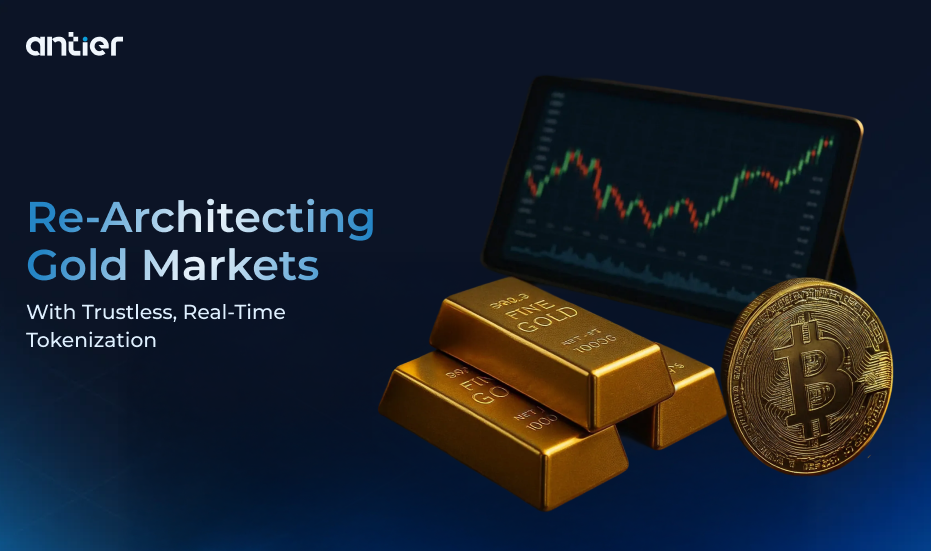Asset tokenization is a revolutionary concept in the world of finance and investment. It involves converting rights to an asset into digital tokens on a blockchain, making traditionally illiquid assets more accessible and liquid. Asset tokenization platform development requires careful planning and consideration of various factors to ensure its success. In this blog, we’ll explore ten crucial factors to consider during the development process.
Legal and Regulatory Compliance
Compliance with the legal and regulatory framework is fundamental to the success and sustainability of your asset tokenization platform. Here’s what to consider:
- Jurisdictional Regulations: Different countries have varying regulations regarding securities, cryptocurrencies, and blockchain technology. Consult legal experts who specialize in these areas to ensure your platform aligns with local laws.
- Security Tokens: Understand the classification of your tokens. Security tokens often fall under securities regulations. Compliance may involve filing with regulatory bodies, ensuring investor accreditation, and conducting regular audits.
- KYC/AML Procedures: Implement robust Know Your Customer (KYC) and Anti-Money Laundering (AML) procedures to verify the identity of users and monitor transactions for suspicious activities. This helps in compliance with financial regulations and reduces the risk of illicit activities on your platform.
Asset Selection
In digital asset tokenization the choice of assets to tokenize is a critical decision that affects the success of your platform. Consider the following factors:
- Market Demand: Analyze the demand for the asset class you plan to tokenize. Real estate, art, and stocks are popular choices due to their market liquidity and investment appeal.
- Liquidity: Assess the liquidity of the asset. Tokenizing traditionally illiquid assets like real estate can unlock new opportunities for investors looking to buy or sell fractional ownership.
- Fractional Ownership: Evaluate the suitability of the asset for fractional ownership. Some assets, like fine art or collectibles, may benefit greatly from tokenization, enabling more people to invest in them.
Blockchain Technology
Choosing the right blockchain technology is pivotal to your platform’s performance and scalability:
- Platform Selection: Evaluate blockchain platforms like Ethereum, Binance Smart Chain, or others. Consider factors such as security, scalability, transaction costs, and developer support. The Ethereum blockchain is often chosen for its mature ecosystem and smart contract capabilities.
- Scalability: Assess the blockchain’s scalability to accommodate a growing number of assets and users. Consider layer 2 solutions or explore blockchain networks designed for DeFi and tokenization.
Smart Contract Development
Smart contracts underpin the tokenization process. Ensure their reliability, security, and functionality:
- Security Audits: Conduct rigorous security audits of smart contracts to identify and address vulnerabilities. Engage with professional auditors and consider running bug bounty programs to uncover potential weaknesses.
- Code Formal Verification: Consider using formal verification tools to mathematically prove the correctness of your smart contract code. This can provide an added layer of confidence in the security of your contracts.
User Experience (UX)
Creating an intuitive and user-friendly experience is essential to attract and retain users:
- User Interface Design: Invest in user interface (UI) and user experience (UX) design to provide a seamless and enjoyable interaction for users. The design should be clean, intuitive, and mobile-responsive.
- Educational Resources: Offer educational materials and resources to guide users through the tokenization process. These resources can include tutorials, FAQs, and user support channels.
Interoperability
Interoperability enables your platform to interact with other blockchain-based services and assets:
- Token Standards: Adhere to widely accepted token standards like ERC-20 or ERC-721 to ensure compatibility with other DeFi protocols and services. This fosters liquidity and integration within the blockchain ecosystem.
Security
Security is paramount in blockchain-based platforms:
- Multi-Layered Security: Implement multiple layers of security, including encryption, two-factor authentication (2FA), and intrusion detection systems. Regularly update security measures to adapt to evolving threats.
- Cold Storage: Store sensitive data, such as private keys and user information, in secure offline cold storage to protect against hacking attempts.
Liquidity Strategy
Ensure that liquidity is readily available for token holders on your digital asset tokenization platform:
- Secondary Trading Platform: Develop or partner with a secondary trading platform or decentralized exchange (DEX) where users can buy, sell, and trade tokenized assets. Liquidity is essential to attract investors.
Governance Mechanism
Establish a governance model that empowers token holders and ensures platform sustainability:
- Voting and Proposals: Implement a governance framework that allows token holders to participate in decision-making, such as voting on proposals for platform upgrades, changes in tokenomics, or protocol improvements.
- Dispute Resolution: Include mechanisms for dispute resolution and conflict management within the platform’s governance framework.

Marketing and Community Engagement
Building a thriving community is essential for the long-term success of your platform:
- Marketing Strategy: Develop a comprehensive marketing strategy to reach potential investors and asset owners. This includes content marketing, social media campaigns, partnerships, and public relations efforts.
- Community Building: Actively engage with the community through forums, social media, and educational content. Host webinars, workshops, and events to foster a sense of belonging and trust among users.
Final Words
By carefully considering and addressing these ten factors, you can lay a solid foundation for the development and launch of your asset tokenization platform. You can get in touch with a reputed asset tokenization platform development company for your specific needs.
Antier is a top asset tokenization platform development company that has been providing top-notch solutions to global clientele. Get in touch!
Frequently Asked Questions
01. What is asset tokenization?
Asset tokenization is the process of converting rights to an asset into digital tokens on a blockchain, enhancing the accessibility and liquidity of traditionally illiquid assets.
02. Why is legal and regulatory compliance important in asset tokenization?
Legal and regulatory compliance is crucial for the success of an asset tokenization platform as it ensures alignment with local laws, protects against legal issues, and fosters trust among investors.
03. What factors should be considered when selecting assets for tokenization?
Key factors include market demand for the asset class, the liquidity of the asset, and the potential for fractional ownership, which can make investments more accessible to a broader audience.







